One of the most important things to know – Café Society is not another iteration of Midnight in Paris (Allen, 2011). Because the events of the two films take place only a decade apart, it is easy to assume they would be similar, but the differences and distance between them show. Out of the most recent batch of Woody Allen films, Midnight in Paris is one of the best – innovative, witty, and charming, with the kind of cast less-established directors dream of getting for their films. Café Society shares almost nothing with Midnight in Paris, and, as a result, isn’t anything close to the same experience. Instead of dreamy, fluid, time and characters who draw viewers in, it marches along on a strict track, and the narrator keeps the audience at a distance. It has the ability to be many things all at once: Allen’s take on the trope of modern-day filmmakers covering “Old Hollywood,” a rags-to-riches narrative, a Philip Roth novel that Philip Roth never wrote. If that sounds cluttered, know that Café Society is anything but. In contrast, it is a simplistic coming-of-age, self-discovery narrative. In fact, Café Society is almost too simple, like Allen exerted only the minimal effort to make it. Overall, it’s predictable, but pleasant.
For all its supposed glamour, Café Society is really a reflection on lost love. Bobby does not expect to find anything more than a job with his uncle, Phil Stern, a successful movie producer (Steve Carell) when he leaves the Bronx for California, but he ends up meeting Vonnie (Kristen Stewart), a woman who captivates him from first meeting. Bobby is unable to cast aside his desire for her, even after she leaves him to marry another man (a predictable twist, but engaging regardless of its familiarity), and he returns to New York, but fate keeps stirring up the ashes of their romance. Allen steps away from convention at the end of the film, refusing to bring the lovers apart – a decision I respect. It makes for an ambiguous and depressing ending, but letting them end up together would just be pandering to convention.



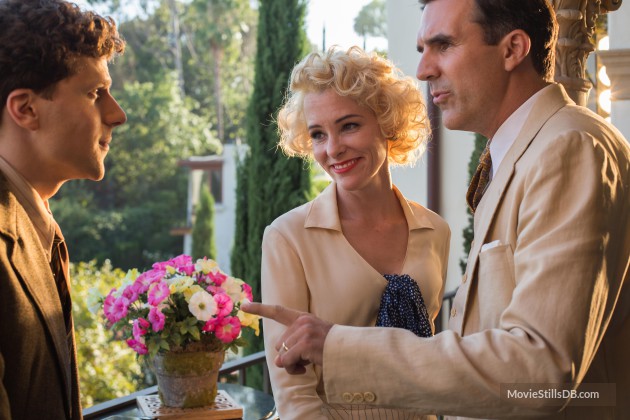
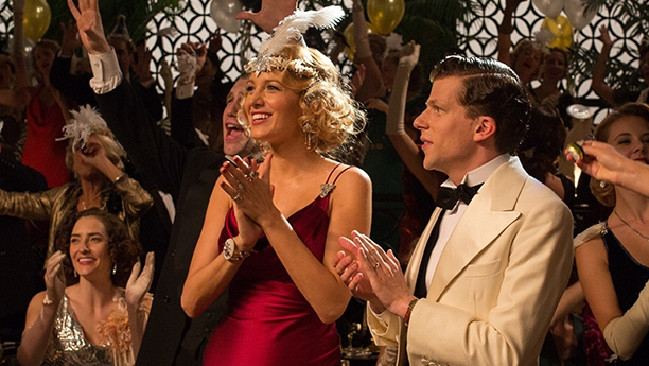
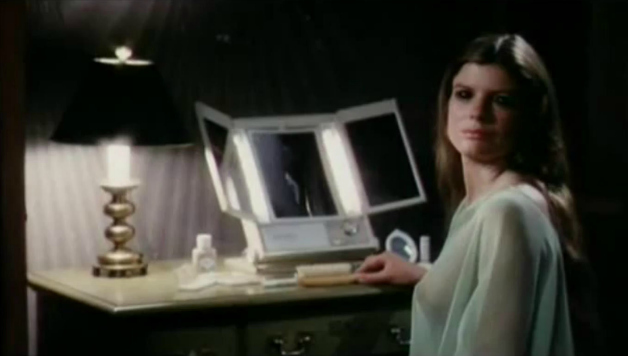

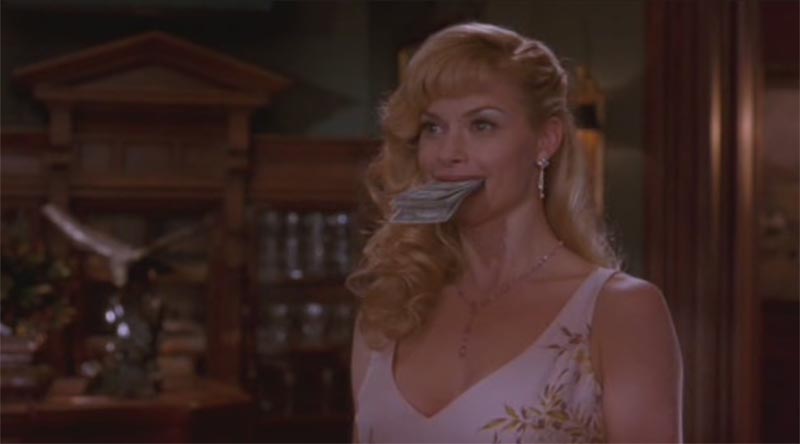
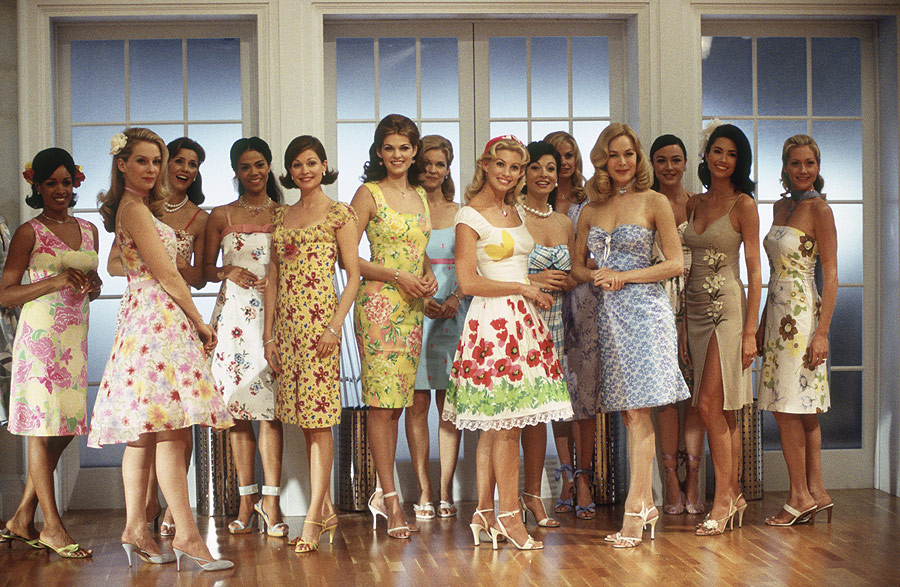








 RSS Feed
RSS Feed
